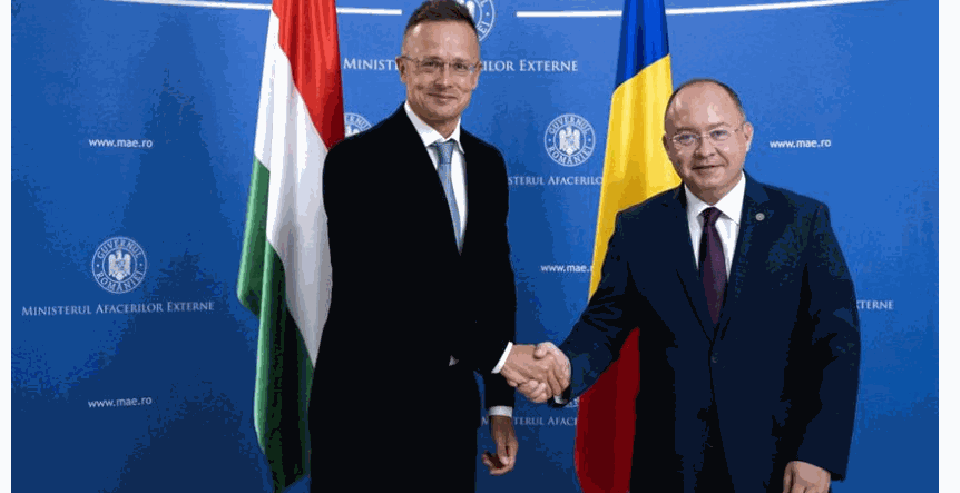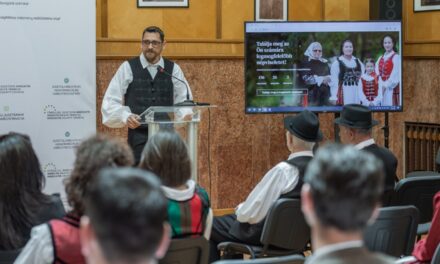Hungary and Romania are ready to help each other in the field of energy security, so negotiations are currently underway on a new delivery route for nuclear fuel elements and the capacity expansion of the natural gas interconnector between the two countries, said Minister of Foreign Affairs and Trade Péter Szijjártó in Bucharest.
According to the ministry's statement, the head of the ministry pointed out at a joint press conference with his Romanian counterpart, Bogdan Lucian Aurescu, that the two countries have invested serious work in strengthening energy security and diversification, and although according to him they have not always received all the support from the outside, both sides have the skills, to help each other.
He pointed out that until now the nuclear fuel elements had arrived in Hungary from Ukraine, but this route had become impossible due to the war, so negotiations were started on a new transport method leading through Bulgaria and Romania, and it is hoped that an agreement will be reached quickly.
He underlined that with the shutdown of the Nord Stream-1 gas pipeline connecting Russia to Germany and the decrease in the amount transported there, the government increasingly sees that the south will be the reliable, stable and predictable direction for the supply of our country in the coming period.
The southern transport routes need to be strengthened all the more, because realistically only new sources can be expected to arrive here, be it from the Greek LNG terminals or natural gas from Turkey or Azerbaijan, he emphasized .
As he said, more than 600 million cubic meters of natural gas were delivered to Romania through this interconnector this year, and more than 300 million cubic meters the other way around. In the first direction, the annual capacity is currently 2.6 billion cubic meters, and in the other direction, this will be increased from the current 1.7 billion first to 2.5 billion and then to 3 billion.
The minister called the current period critical and believed that since they are neighboring countries, Hungary and Romania face similar challenges, as the war in Ukraine not only threatens physical security, but also causes economic and energy supply difficulties.
He said that both Budapest and Bucharest support the European integration process of both Moldova and the Western Balkans. In order to prevent a world food crisis, they provide a transport route for grain from Ukraine.
"We are interested in Romania's political stability (...), intergovernmental cooperation has been able to reach a new level in the past period," he said, reminding that two new crossing points will open on the common border this year, at Dombegyház and Elek.
Source and image: Erdon.ro













